Elderly people in Song Cong ward practice health exercises. Photo TL |
According to the Law on the Elderly in Vietnam, people aged 60 and over are called the elderly. This is the generation that has experienced many ups and downs, they are rich in life experience, hard-working and enduring hardships, are a "treasure" of folk knowledge, and are a spiritual support for their children and grandchildren.
According to statistics, by 2023, Vietnam will have about 16.1 million elderly people, accounting for nearly 17% of the total population, of which 10.3 million people live in rural areas; more than 10 million people do not have pensions. The rate of elderly people participating in social organizations is still low, especially in rural, remote and isolated areas.
It is forecasted that by 2038, the number of people aged 60 and over in our country will exceed 21 million, accounting for 20% of the population. By 2036, Vietnam will officially become an “aging” society, and by 2050, a “super-aging” society with the elderly accounting for more than 25% of the population.
Many issues related to mental and physical health care for the elderly are being vigorously implemented by the Party and the State. However, in the rapidly developing digital age, for those who have lived through a period of information deprivation, this shift is not only a technological challenge, but also a challenge in terms of the ability to select and distinguish between truth and falsehood, right and wrong.
According to statistics from the Ministry of Information and Communications (formerly), by early 2025, the rate of Internet users in Vietnam will reach about 78.8% of the population, equivalent to 79.8 million people. Of which, the elderly group accounts for nearly 20%, showing a significant increase in the elderly's access to technology.
Because they have a lot of free time and need to share and communicate, most of the elderly use the Internet to join Facebook and Zalo. Social networks open up a new, vibrant and attractive world for the elderly.
Born and raised during the war, through the subsidy period, living a simple, rustic life, taking "trust" as the top priority... so when entering the virtual world, many elderly people are taken advantage of by bad guys. They do not know that all their habits and preferences when "surfing" the internet are recorded and analyzed by algorithms. Bad guys take advantage of this to lure elderly people into buying medicine, receiving cheap goods, participating in zero -dong tours... and then appropriating their assets.
The elderly also often believe in people who claim to be representatives of public authorities such as police, lawyers, courts, or people with high positions or social status... and are led astray by the impersonator.
In addition, countless software fakes faces and voices, making them mistakenly think they are relatives or friends, leading to the loss of all the money they have saved their whole lives.
Not only are they victims, some elderly people also unintentionally cause social chaos. Because they are confident in their life experiences, many people are conservative, cling to their personal views, impose old and emotional thinking, and deny the spirit of innovation. They are easily taken advantage of by bad people, leading public opinion in a negative direction.
Also due to their gullible and emotional psychological characteristics, many elderly people rush to share, comment, and spread bad and toxic information: images and videos created by artificial intelligence to defame society, fabricated stories about robbery, injustice, etc. causing public confusion, affecting security and social order.
Most seniors are not aware of the consequences of their actions. Many share information out of kindness, wanting to contribute their opinions, wanting to connect, and being heard. We cannot attribute or blame, but from that reality, we need to find ways to help seniors adapt to the new era.
Clearly, older adults cannot stay out of digital life, but neither can they participate unskilledly and without direction.
Our Party and State always pay attention to and build many mechanisms to protect the elderly. The Resolution of the 13th National Party Congress (2021) affirms the role of the elderly in the sustainable development strategy. Decision 1579/QD-TTg of the Prime Minister (2020) clearly states: "Strengthen communication to raise awareness among the elderly about the impact of technology; support the elderly to access technology, avoid being exploited."
The national digital transformation program aims to “leave no one behind”, encouraging the development of applications that are friendly to the elderly and ensuring the safety of personal information. Movements such as “Old age - Good example”, “Elderly people participate in building new rural areas” along with a system of gym, health care and cultural clubs at the grassroots level have contributed to creating a positive living environment for the elderly. Many localities such as Hanoi, Ho Chi Minh City, Quang Ninh, etc. organize digital skills training courses for the elderly.
However, more practical “shields” are needed to protect the elderly from the countless dangers lurking in cyberspace. First of all, families with elderly people must be the first layer of protection. The model of “Children teach parents, grandchildren teach grandparents how to use smartphones” needs to be replicated.
Schools should educate students to be aware of their responsibilities to their grandparents, understand the psychology of the elderly as being afraid of trouble and vulnerable, and from there know how to patiently guide, listen, and help them install tools to block harmful content.
The second layer of protection is social organizations in residential areas - where the elderly live. Among them, the voice of the local police is highly valued by the elderly. It is not difficult to invite the elderly to the village or hamlet cultural house to listen to propaganda about fraud. The hamlet meetings are also an opportunity for the police force to meet and share the security and order situation, and negative manifestations arising in the digital environment.
In addition, mass media also needs to play an orientation role. Television and radio programs dedicated to the elderly should update current affairs knowledge, digital living skills, and reflect sophisticated forms of fraud to raise viewers' vigilance.
Press agencies need to create articles that vividly reflect the lives of the elderly in the digital transformation era, emphasizing their exemplary roles, experiences and positive integration. Honoring the elderly who know how to use technology to spread kindness and protect the truth on social networks also contributes to changing common perceptions, encouraging the elderly to participate in cyberspace in a proactive, safe and civilized manner.
Entering the twilight years of life, the elderly deserve to live a healthy and safe life. In today's modern society, protecting the elderly from harmful information is one of the important solutions to maintain political security and social order, thereby firmly protecting the Party's ideological foundation in the new context.
Source: https://baothainguyen.vn/xa-hoi/202507/nguoi-cao-tuoi-de-bi-loi-dung-van-de-dang-quan-tam-33d216e/


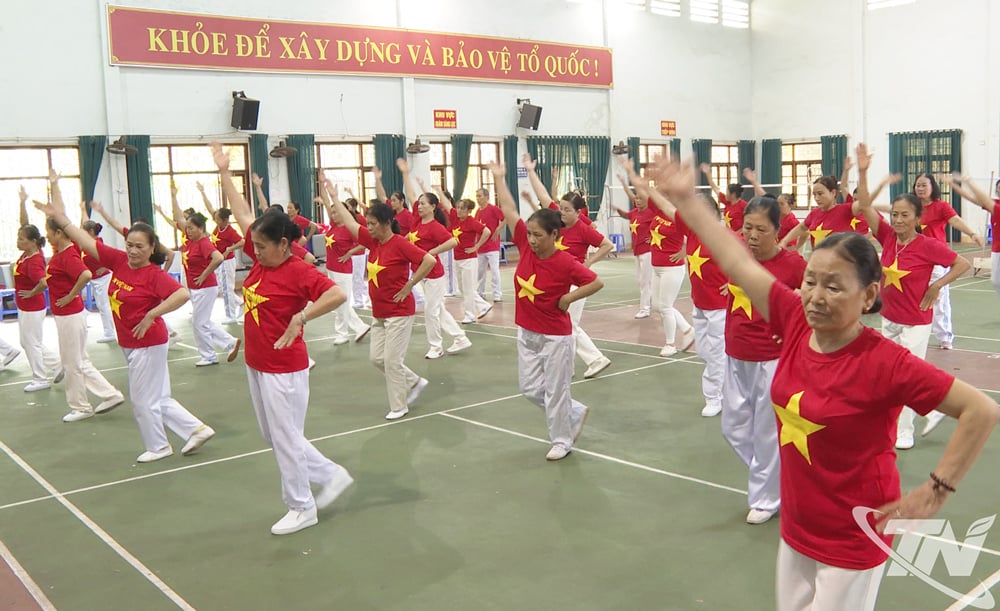


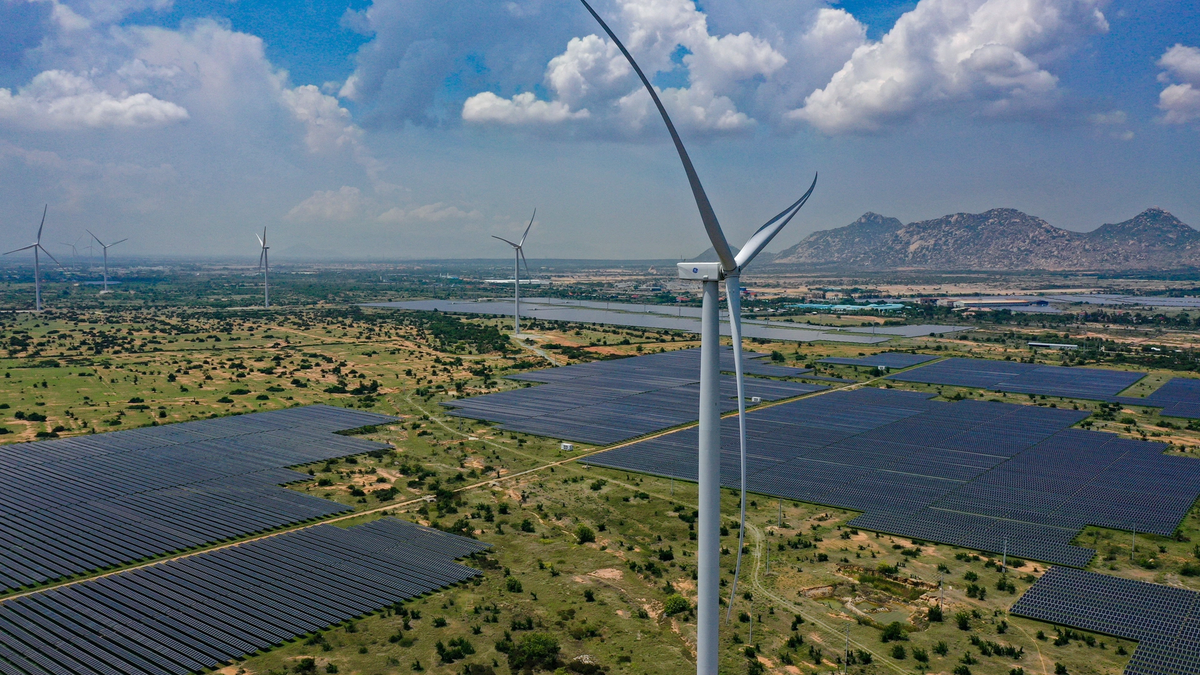
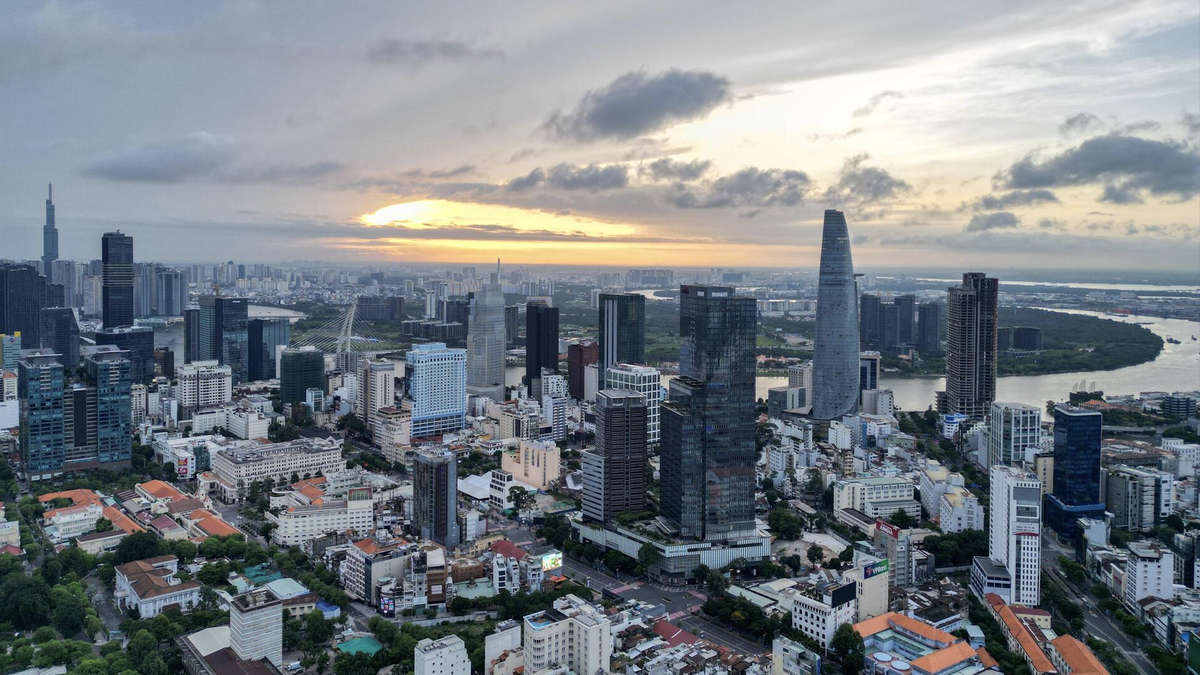

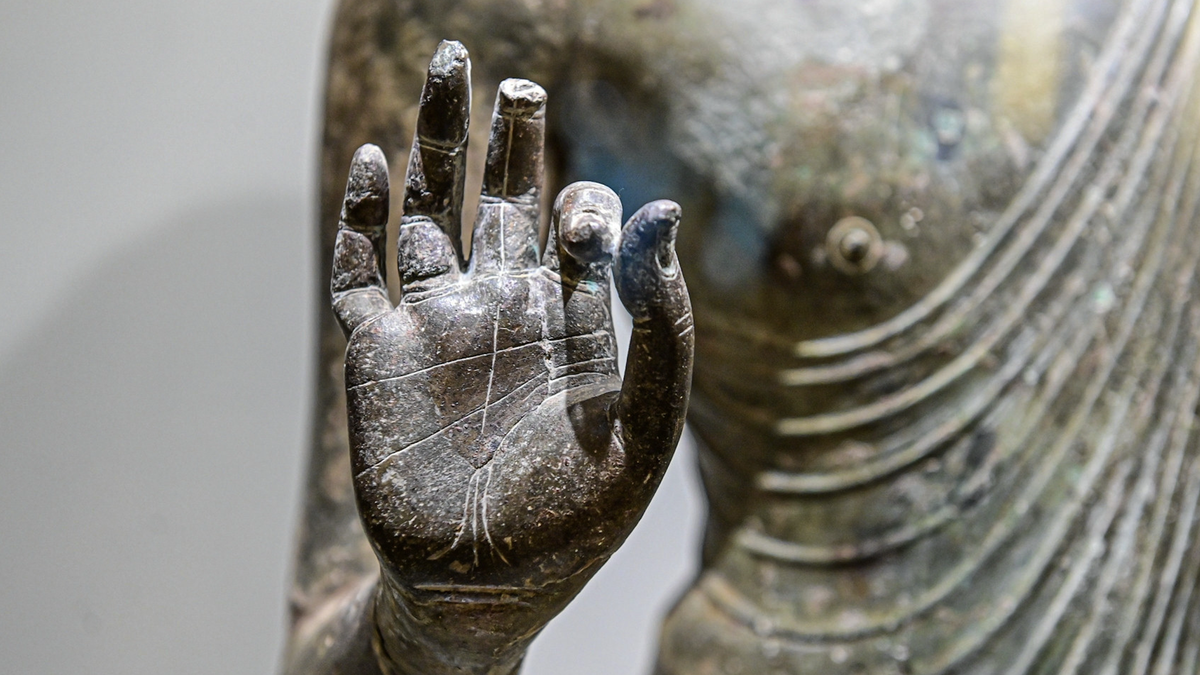




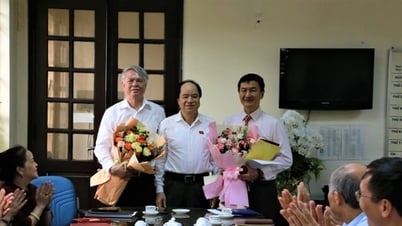

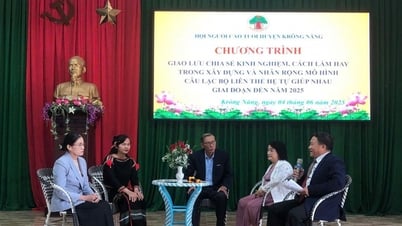

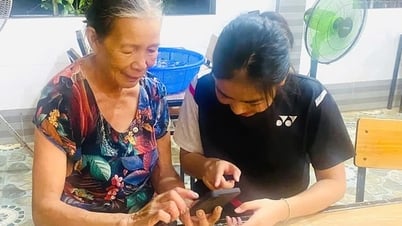

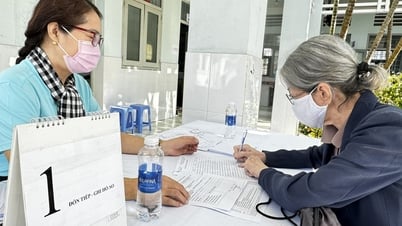

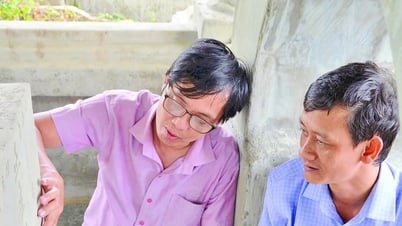

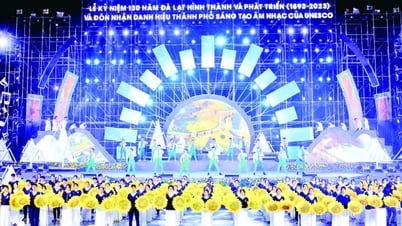

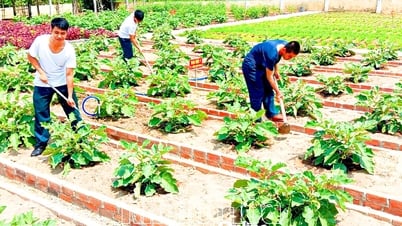

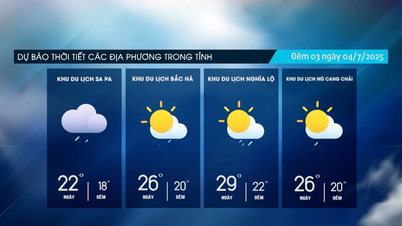










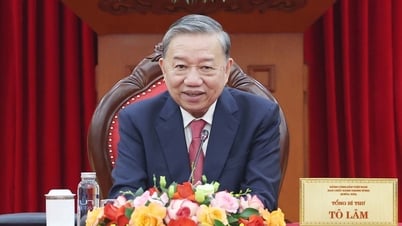

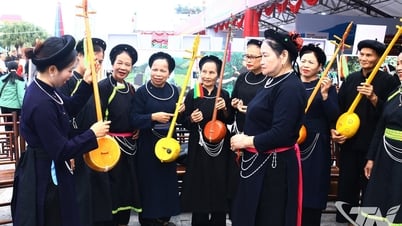






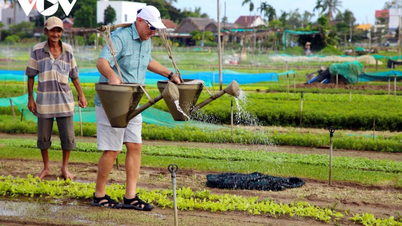





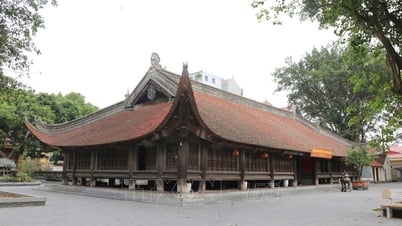

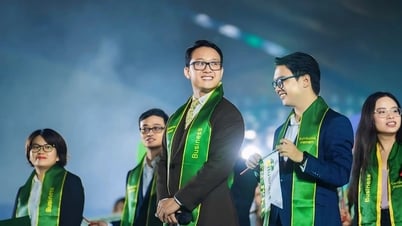

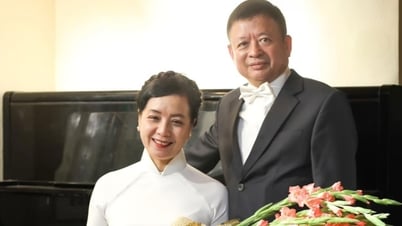

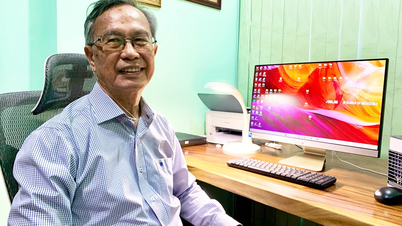
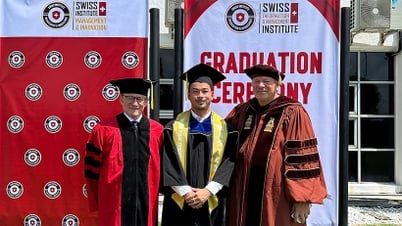
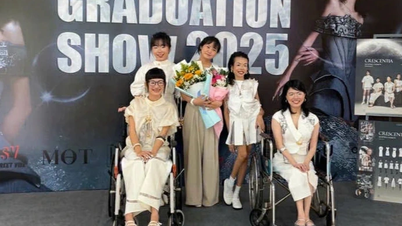




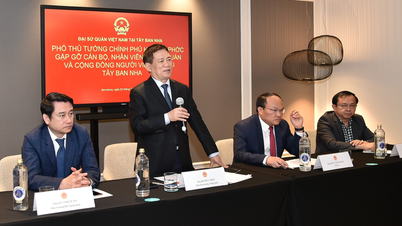



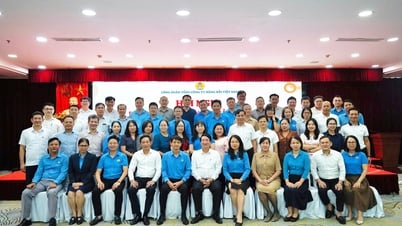
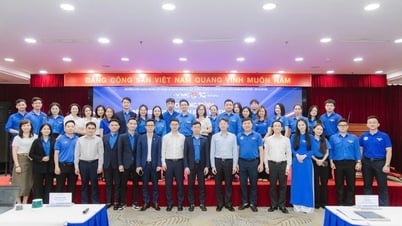
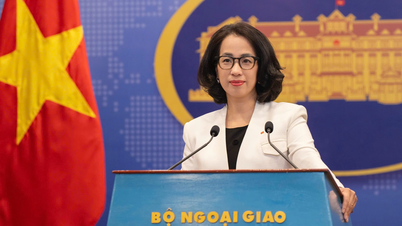
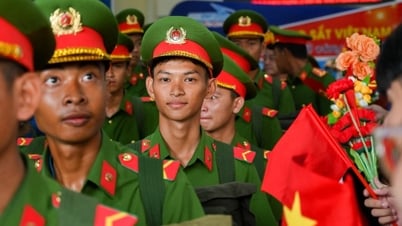
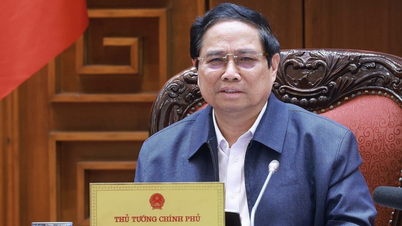




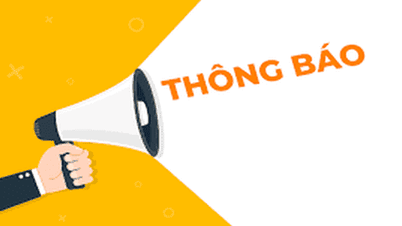


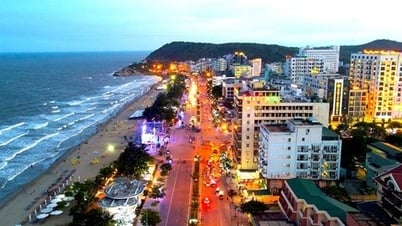

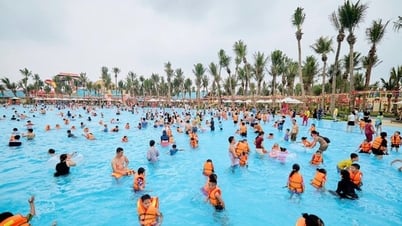
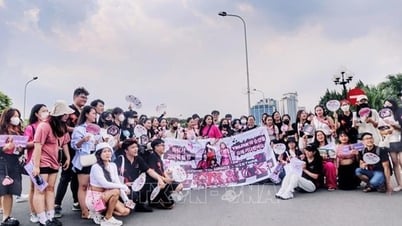
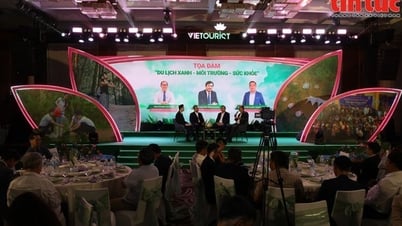


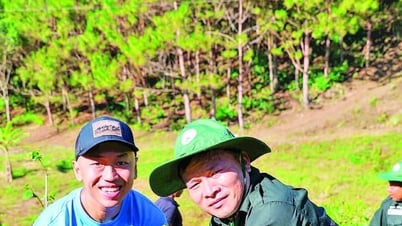
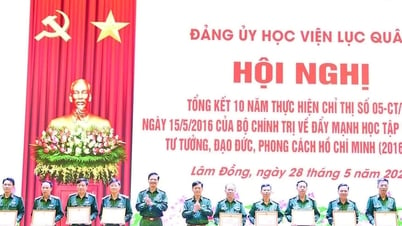






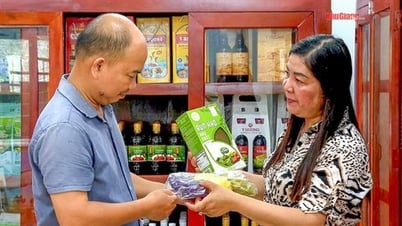
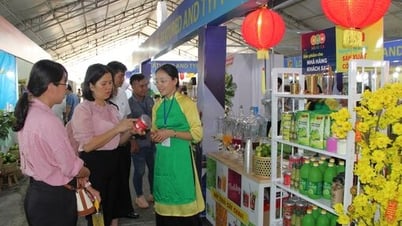





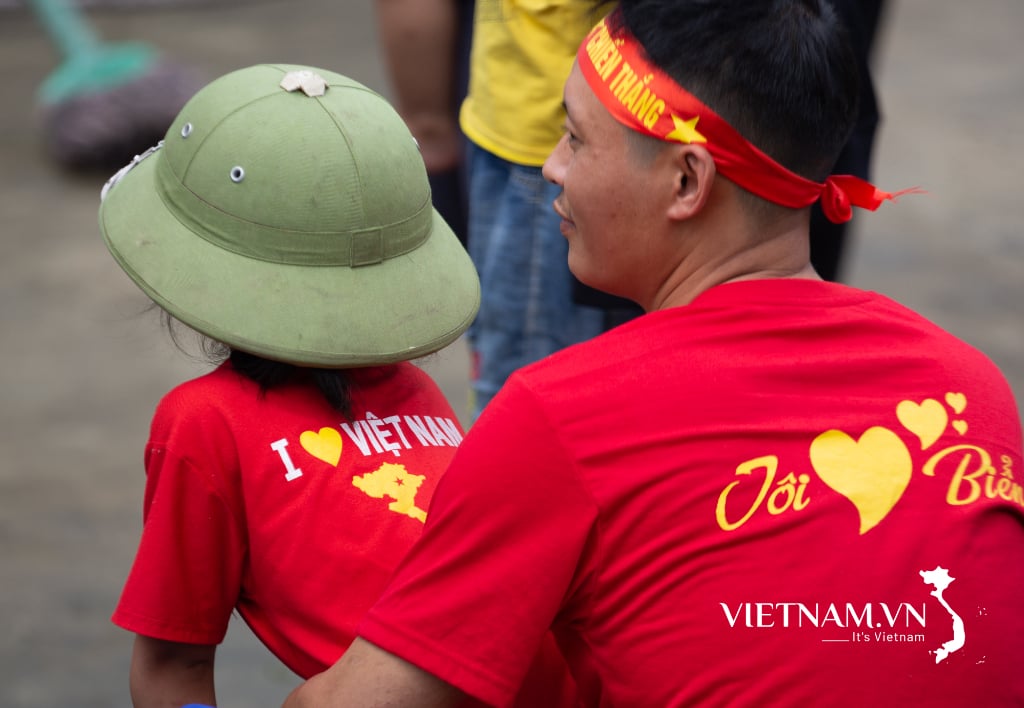
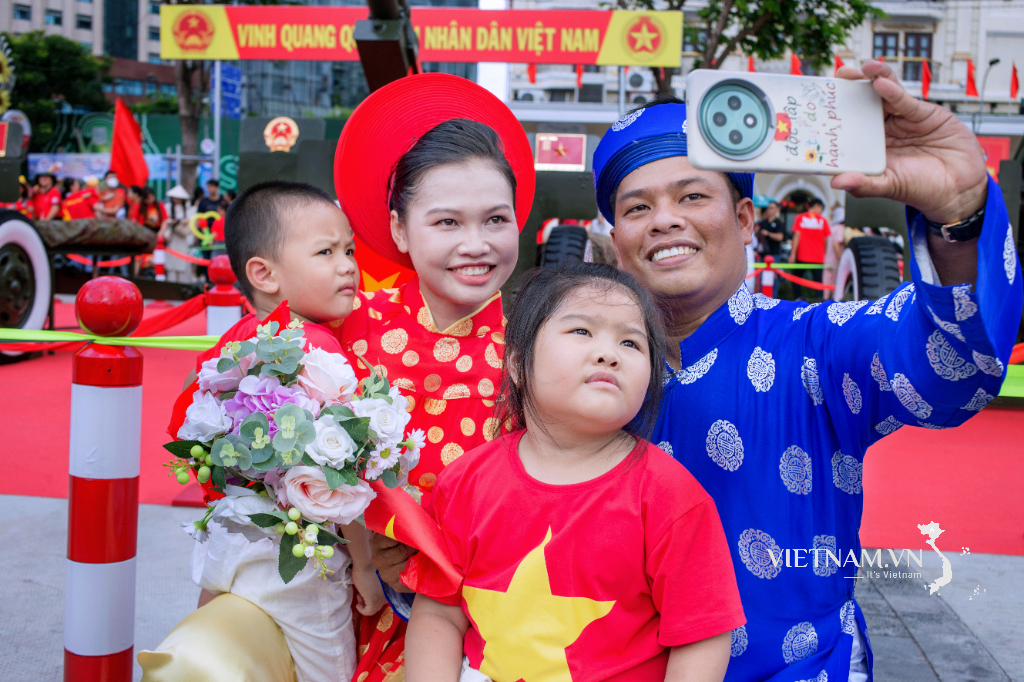
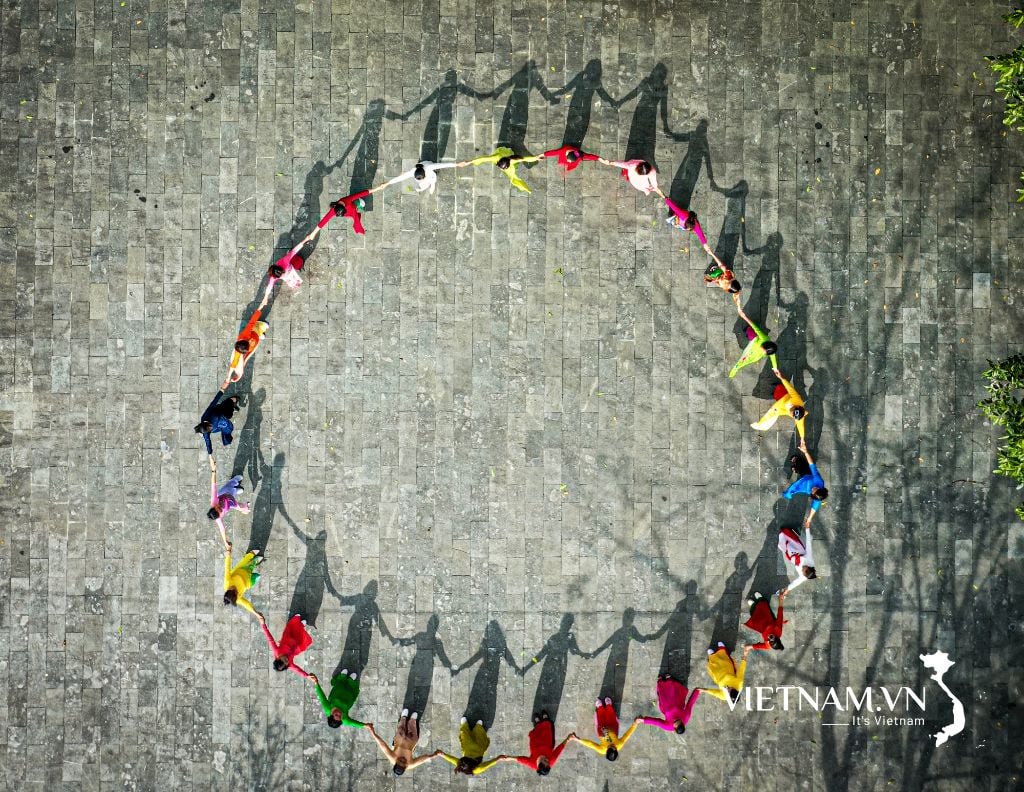
Comment (0)